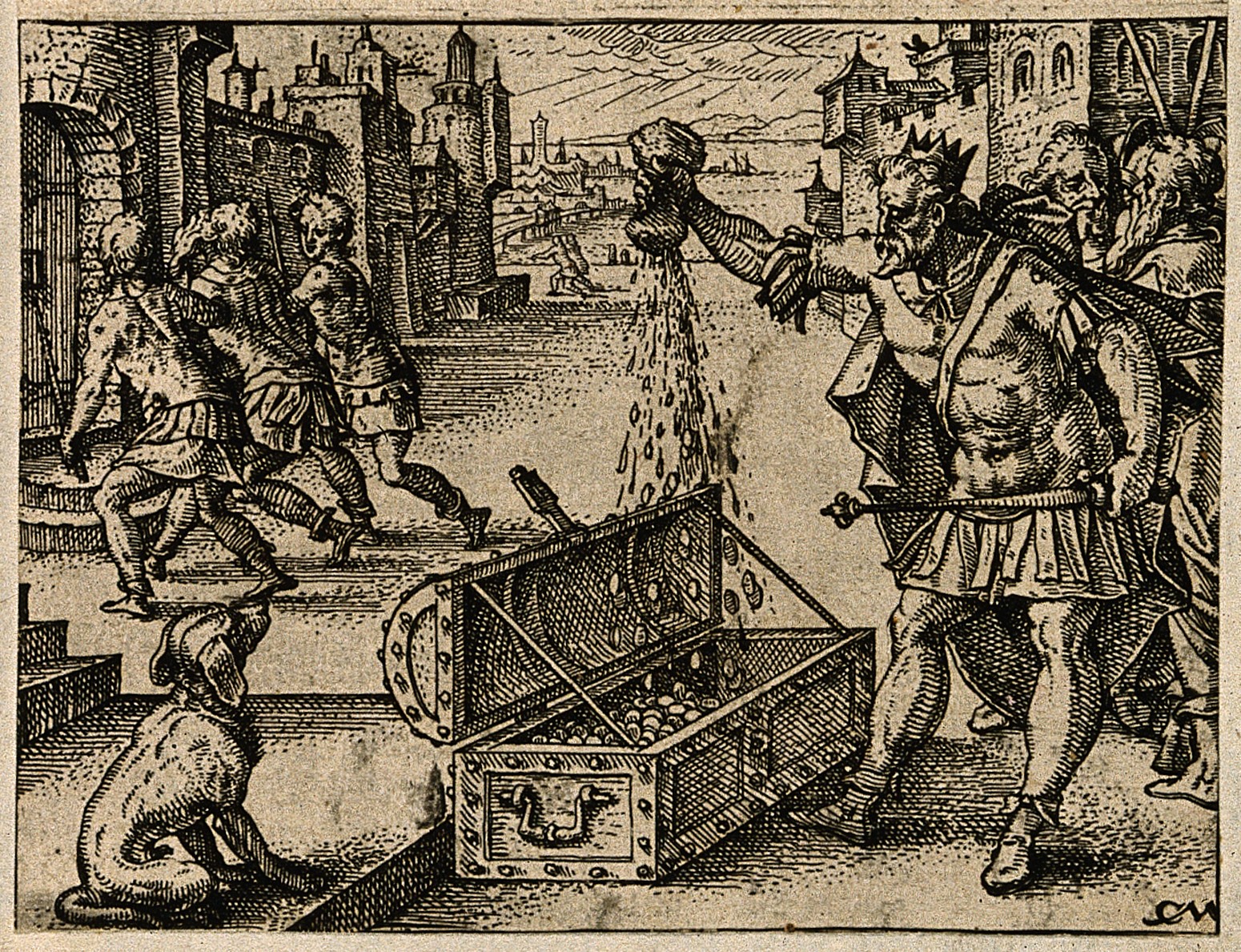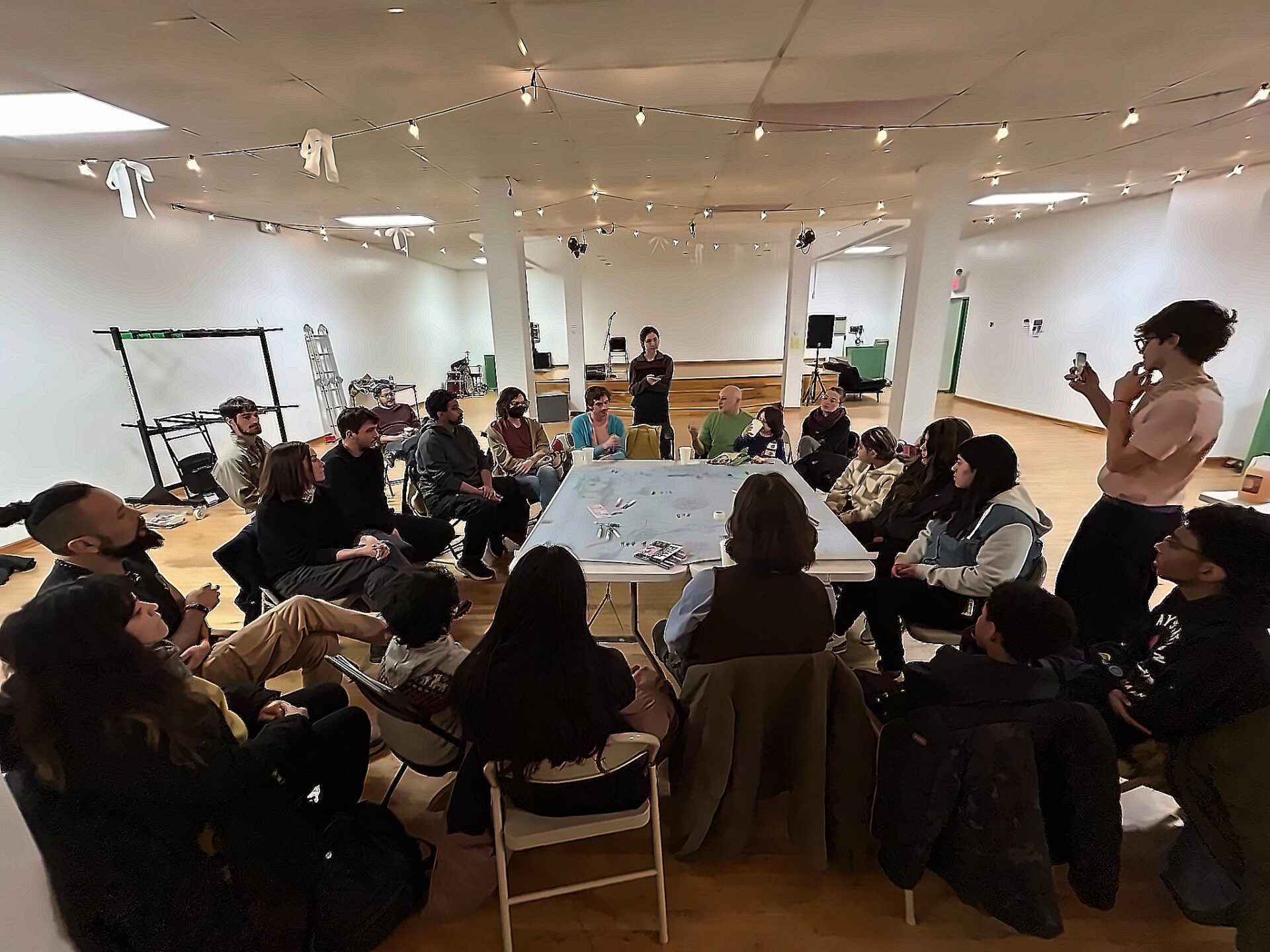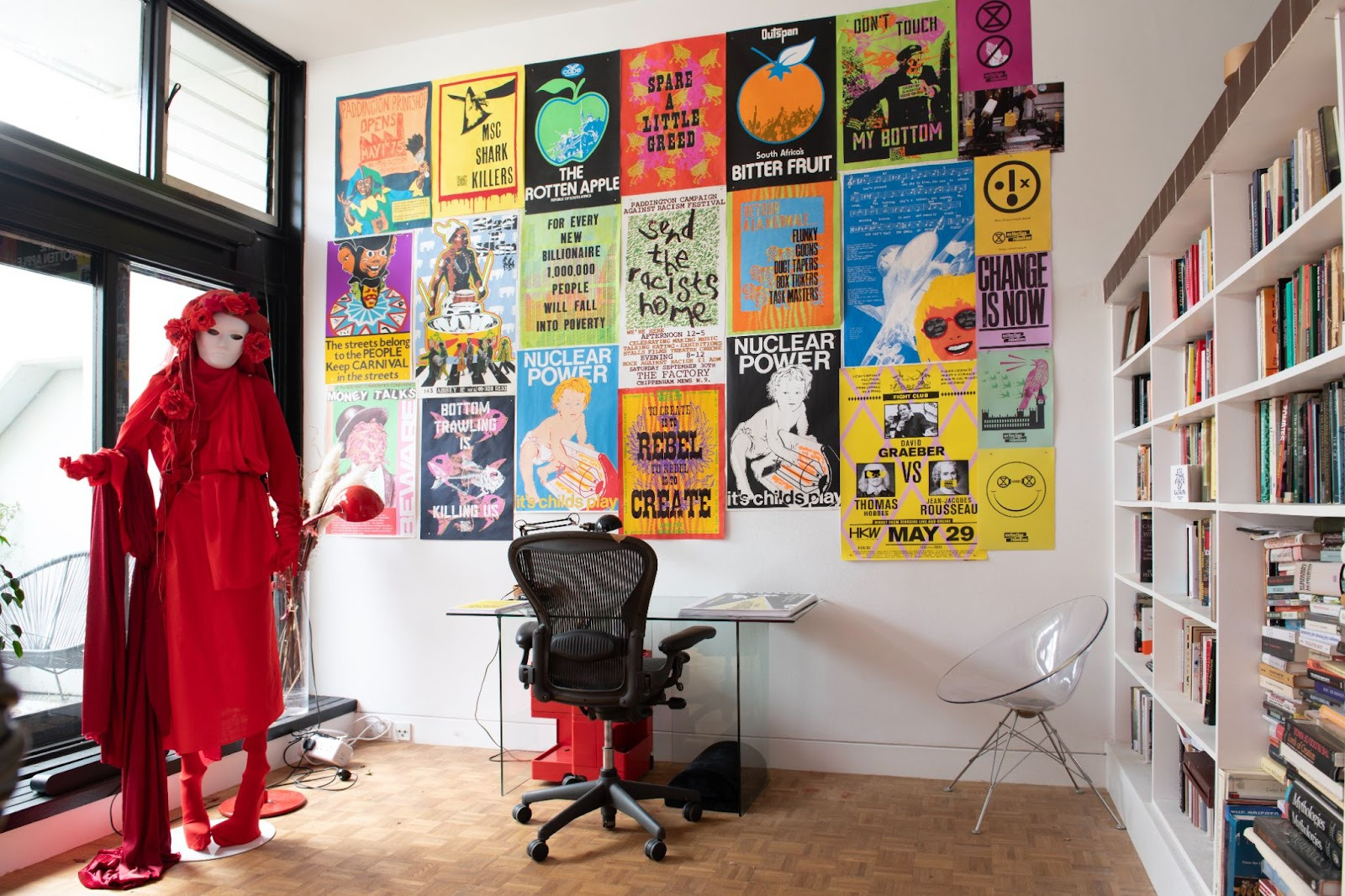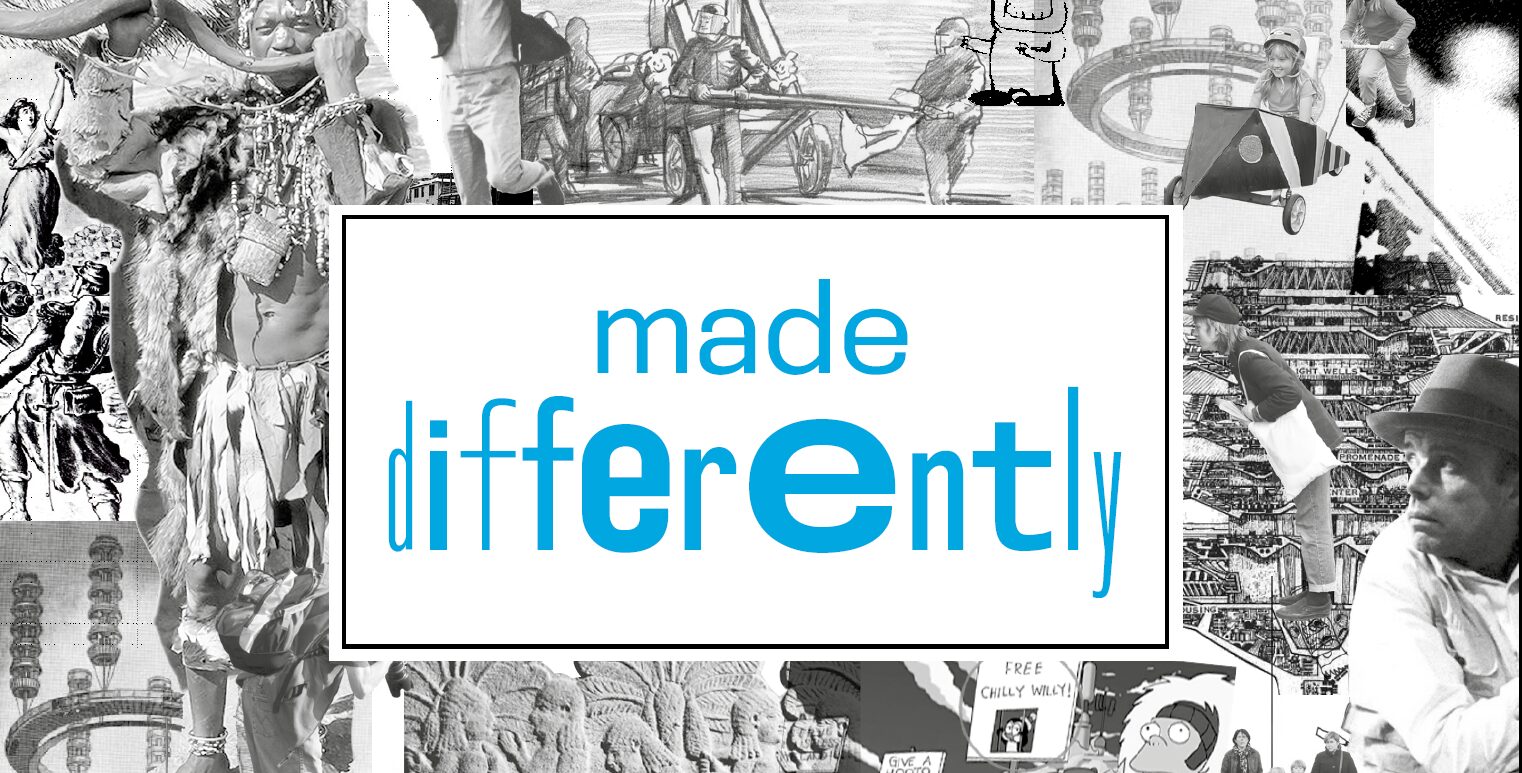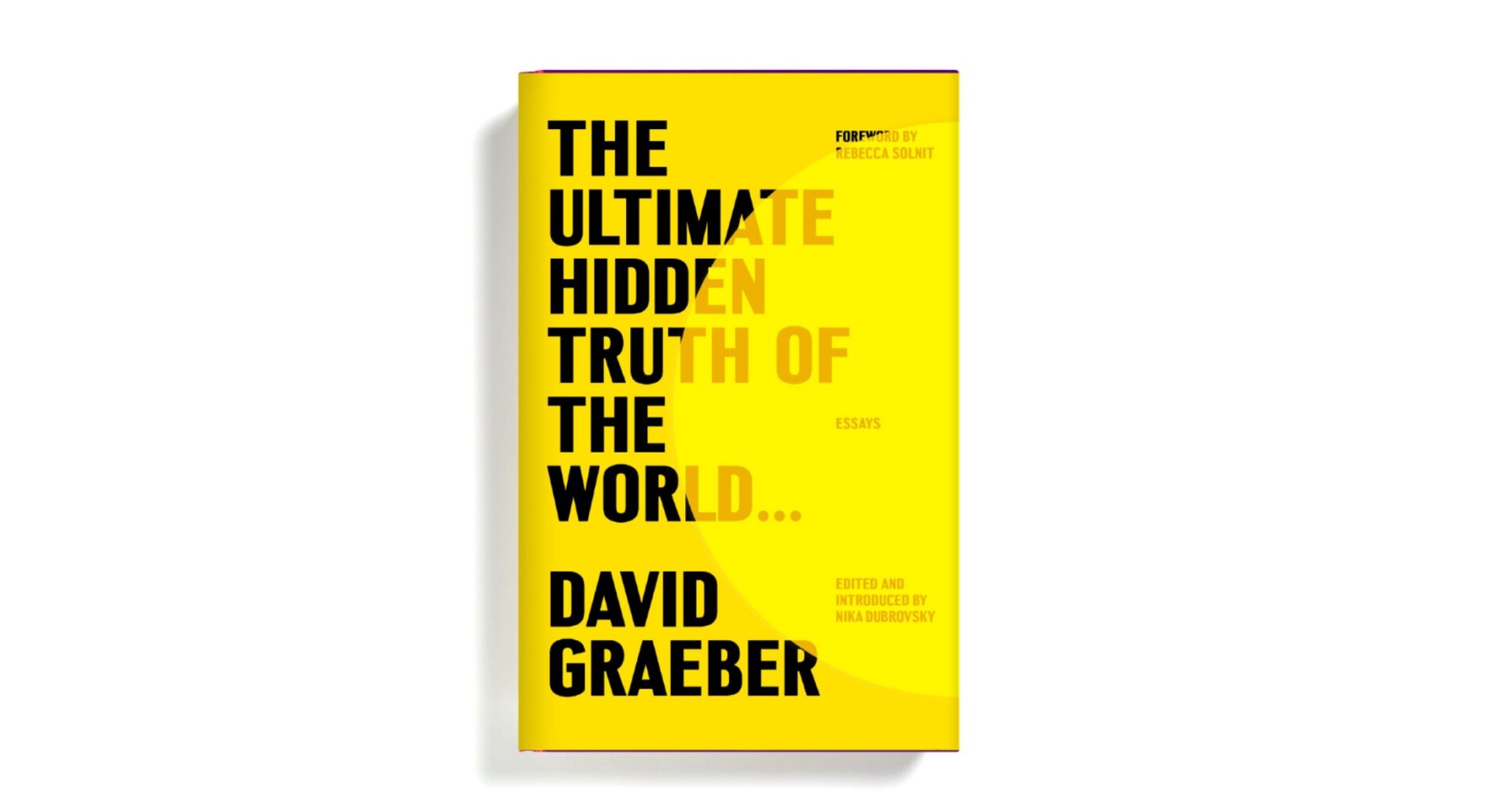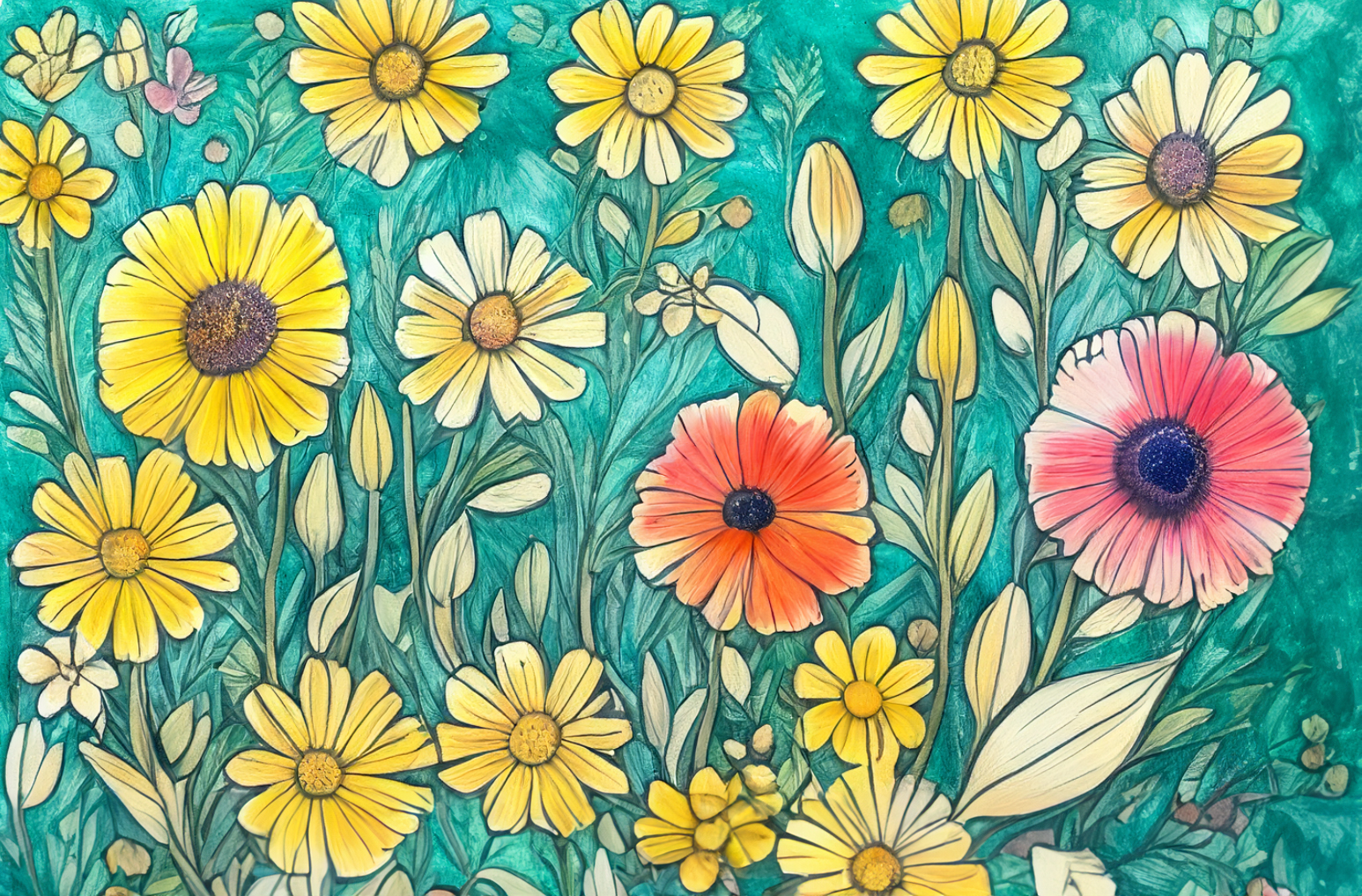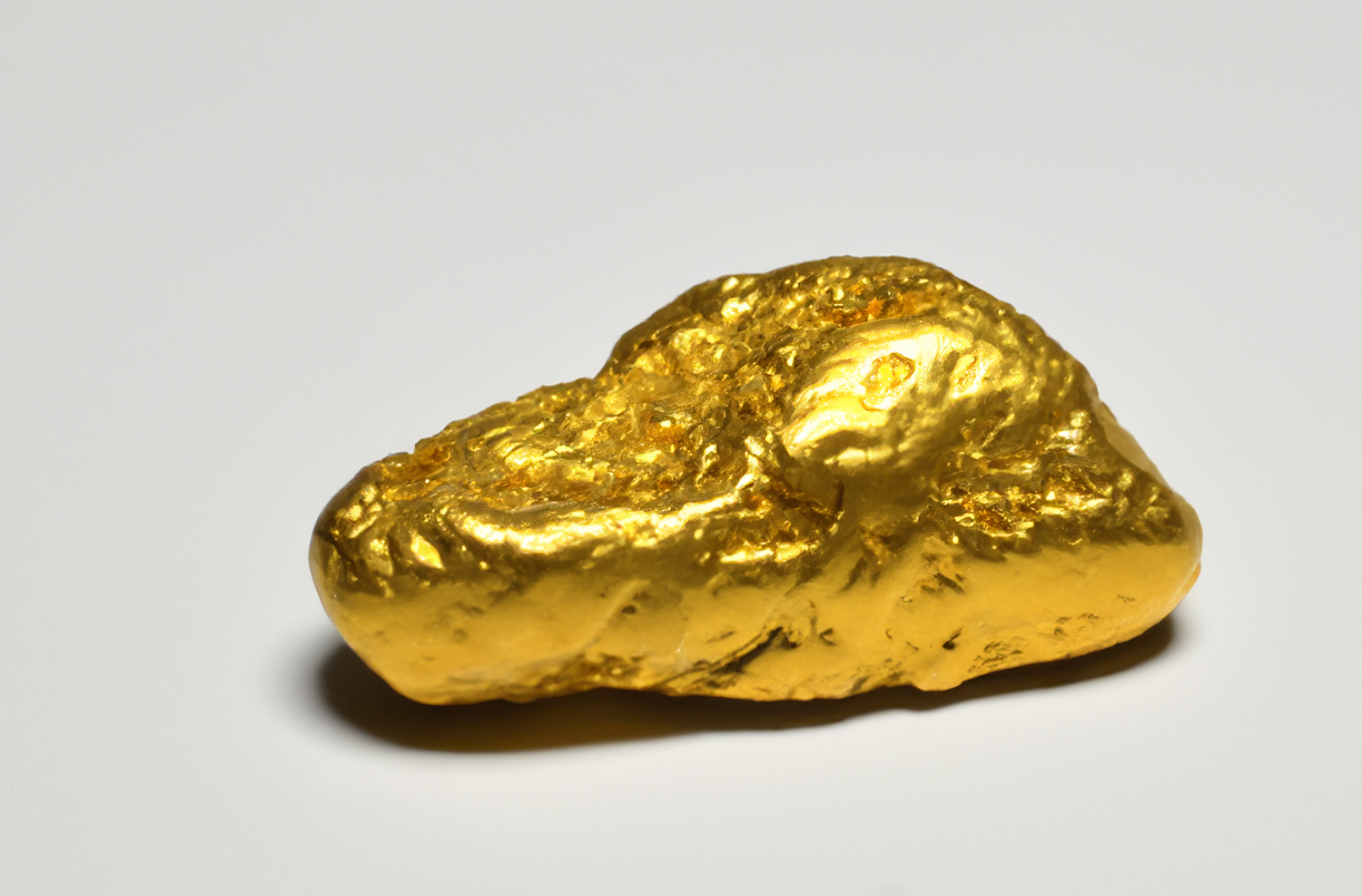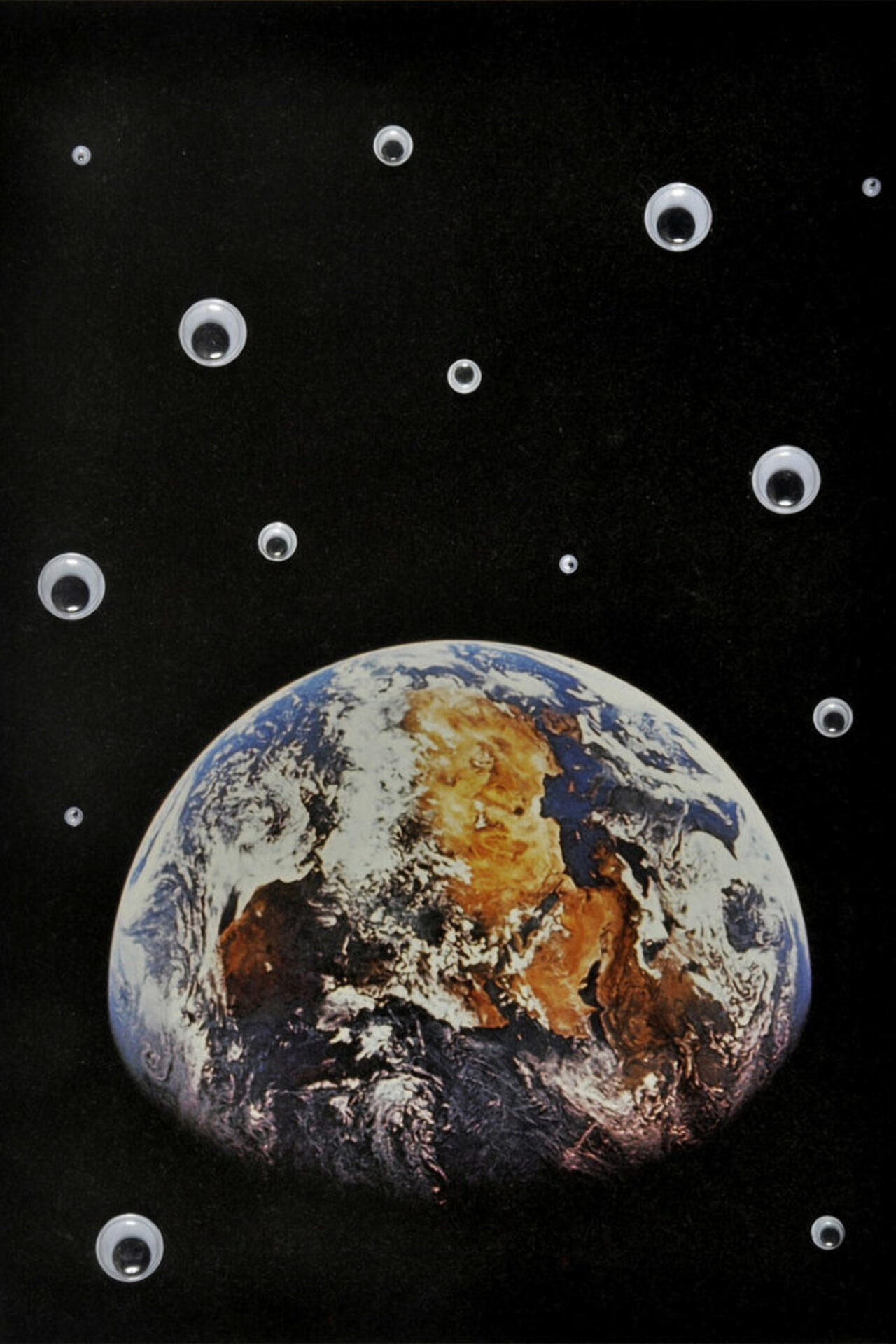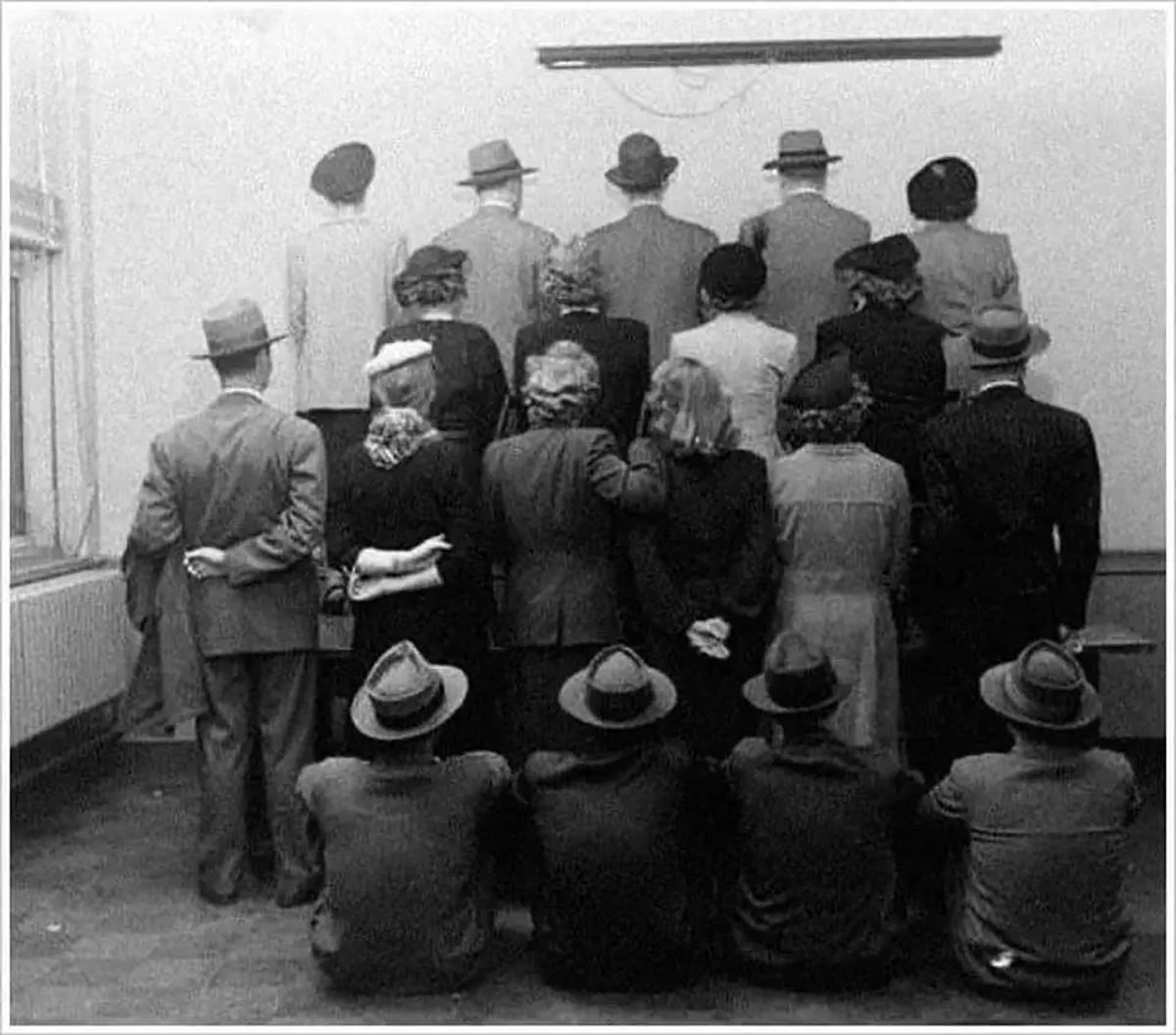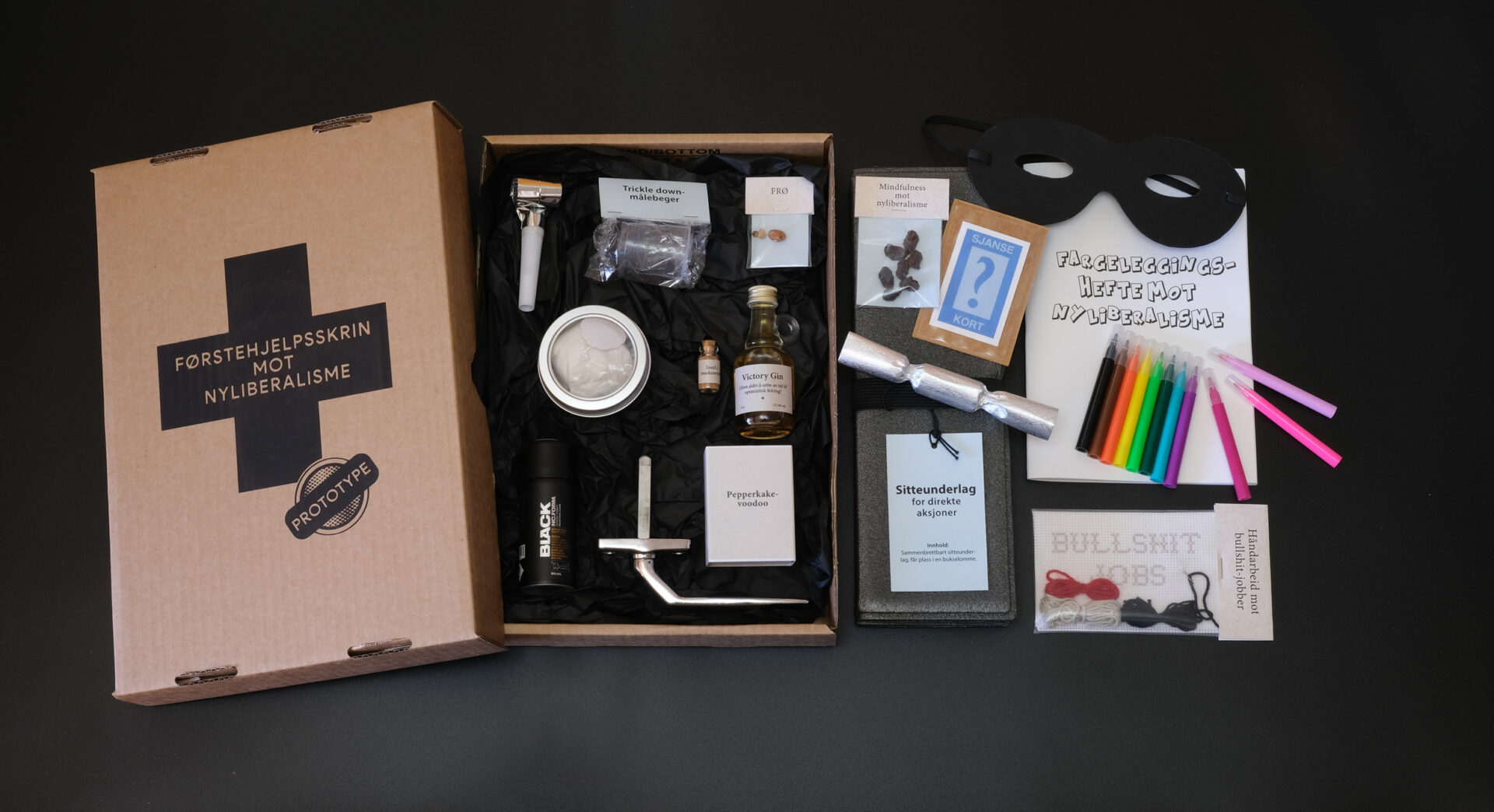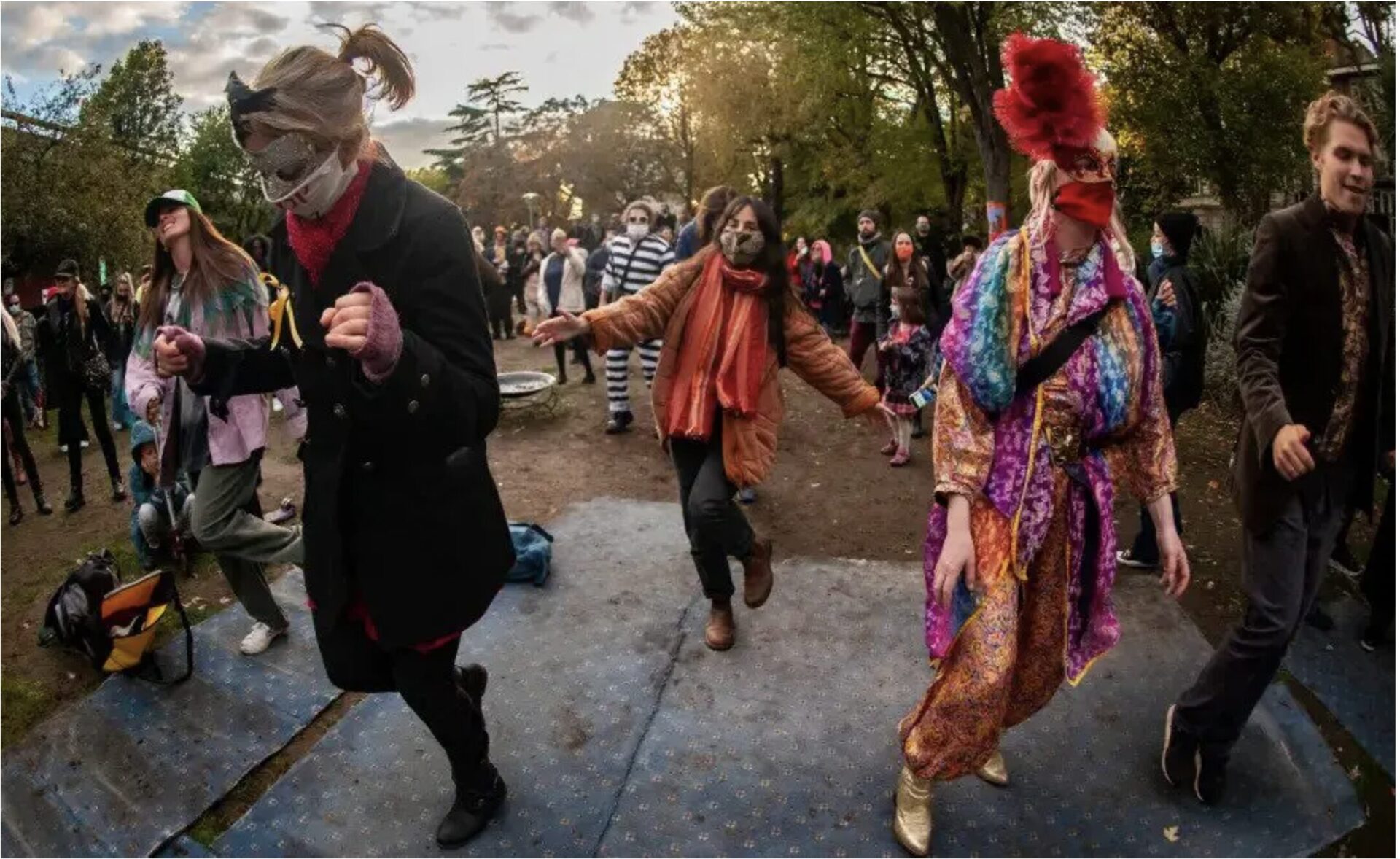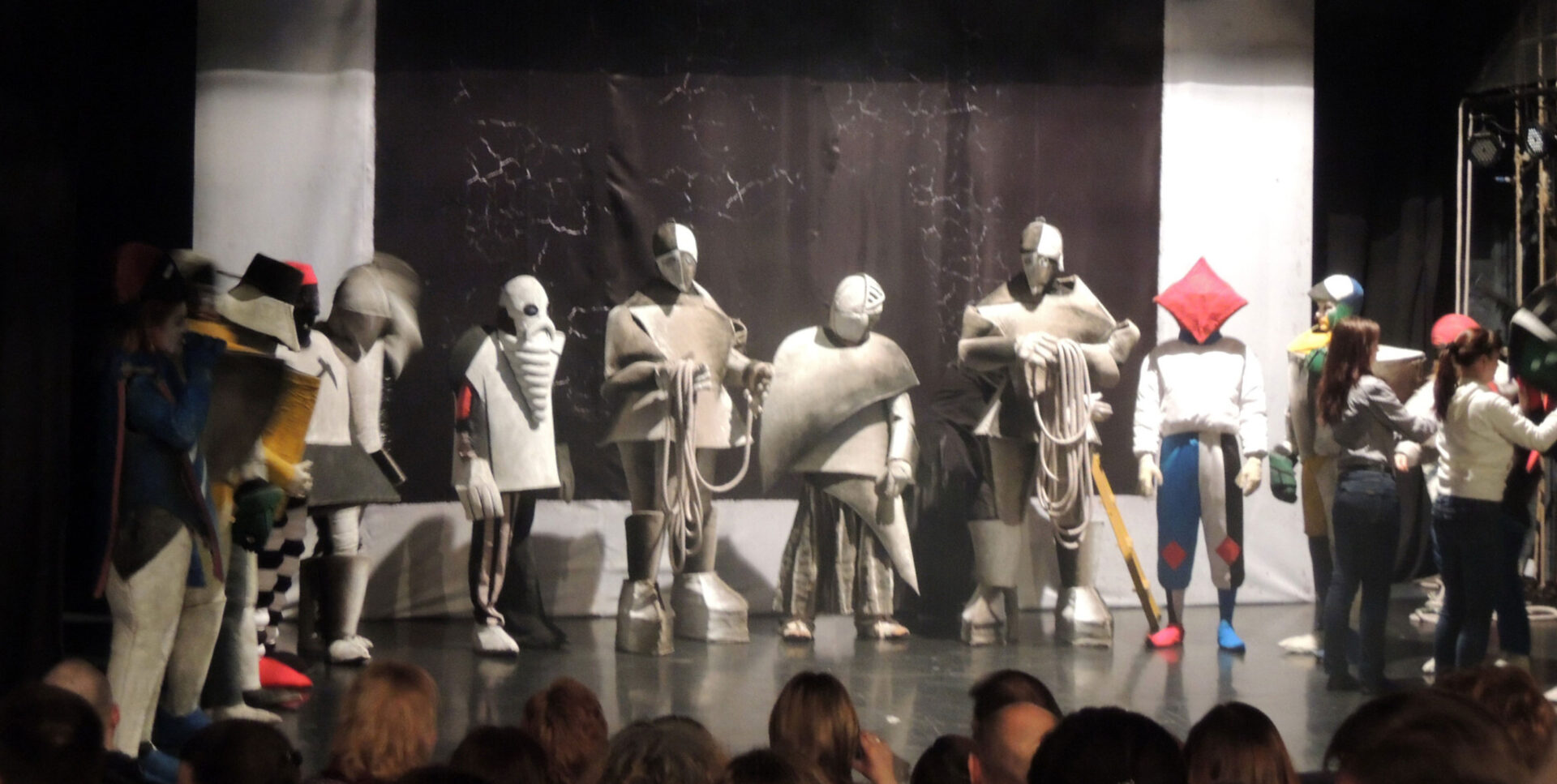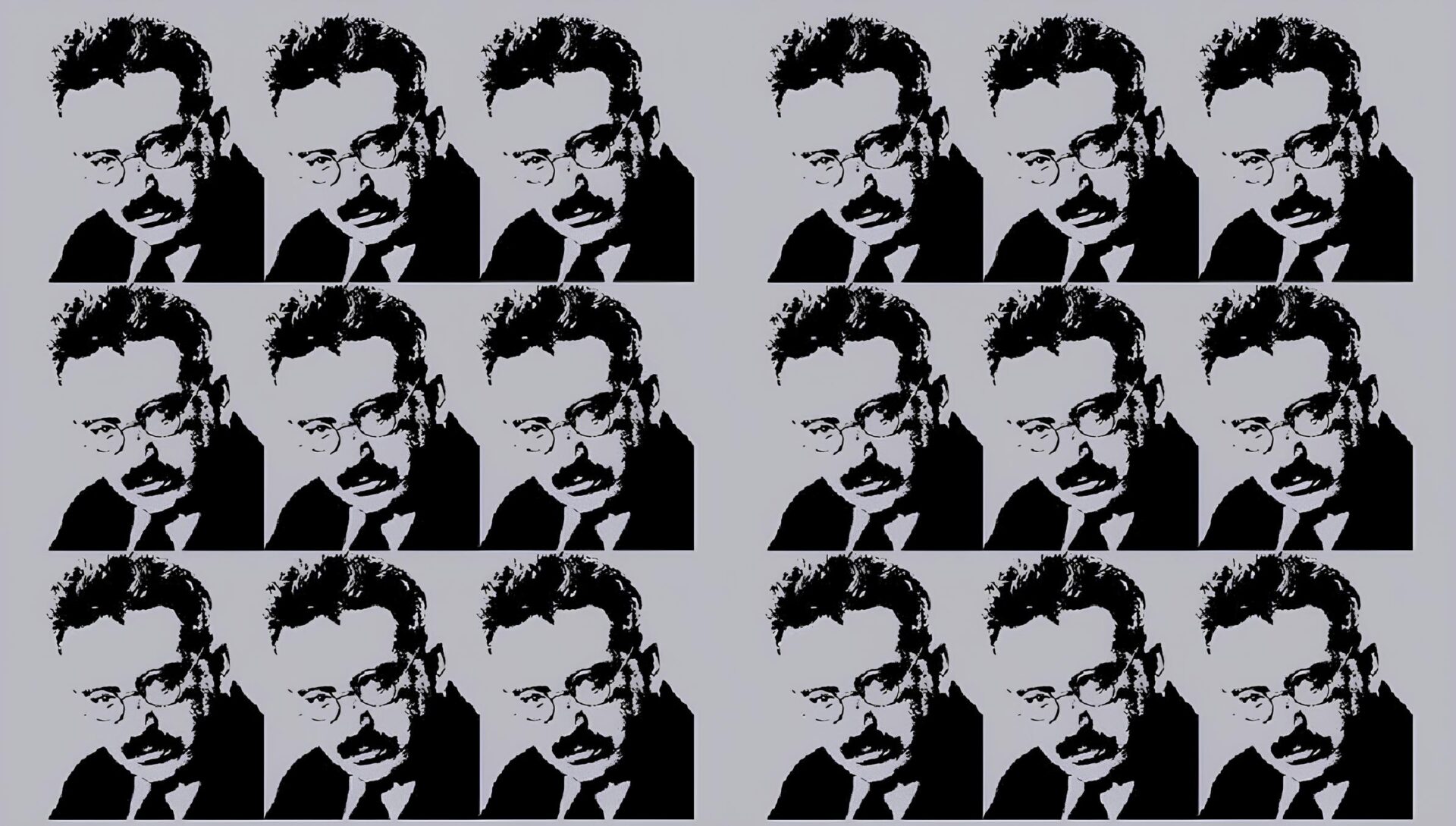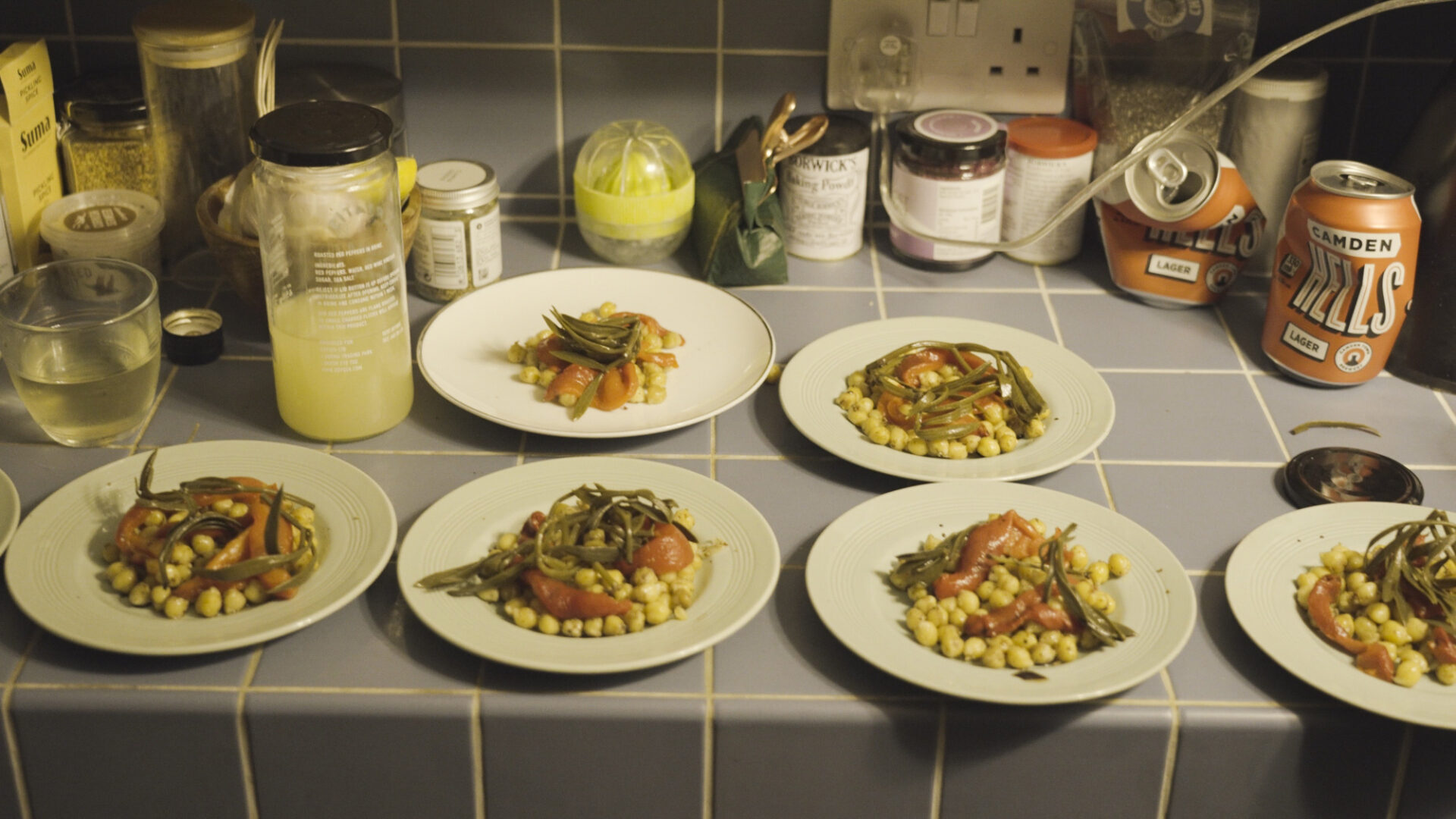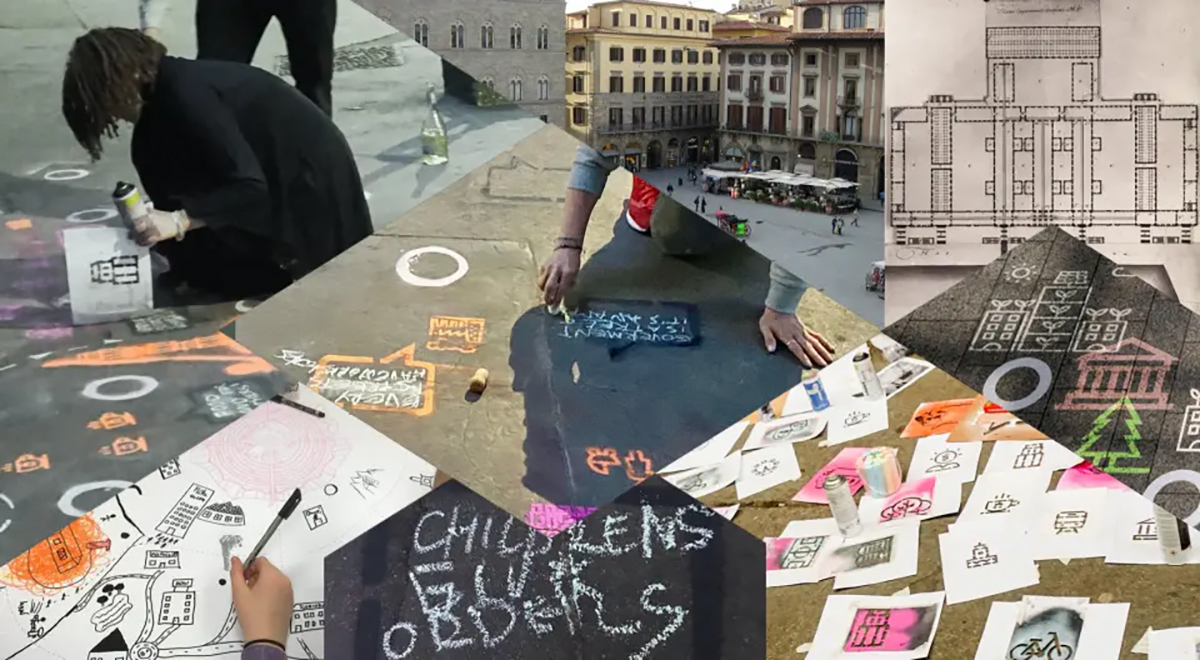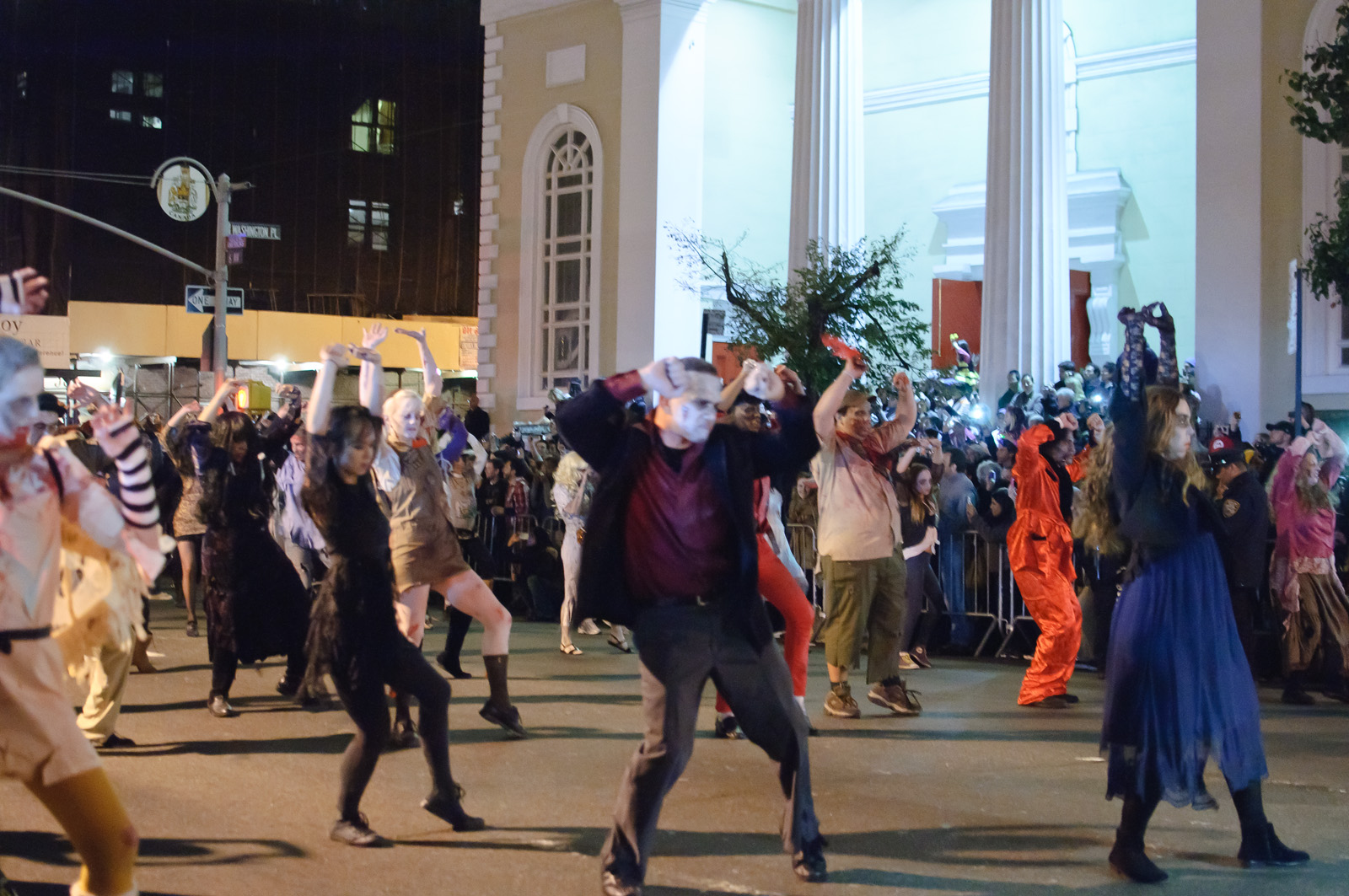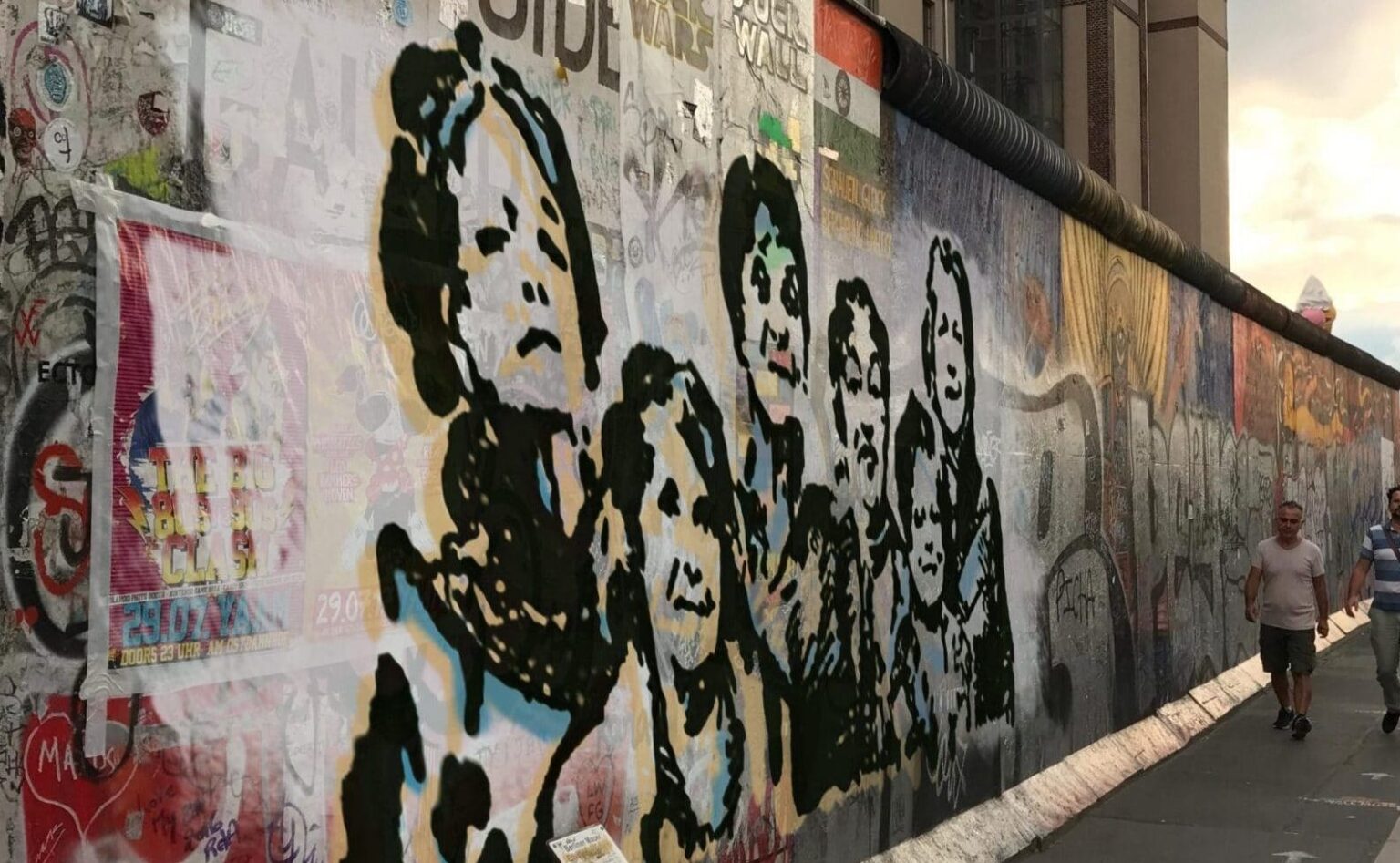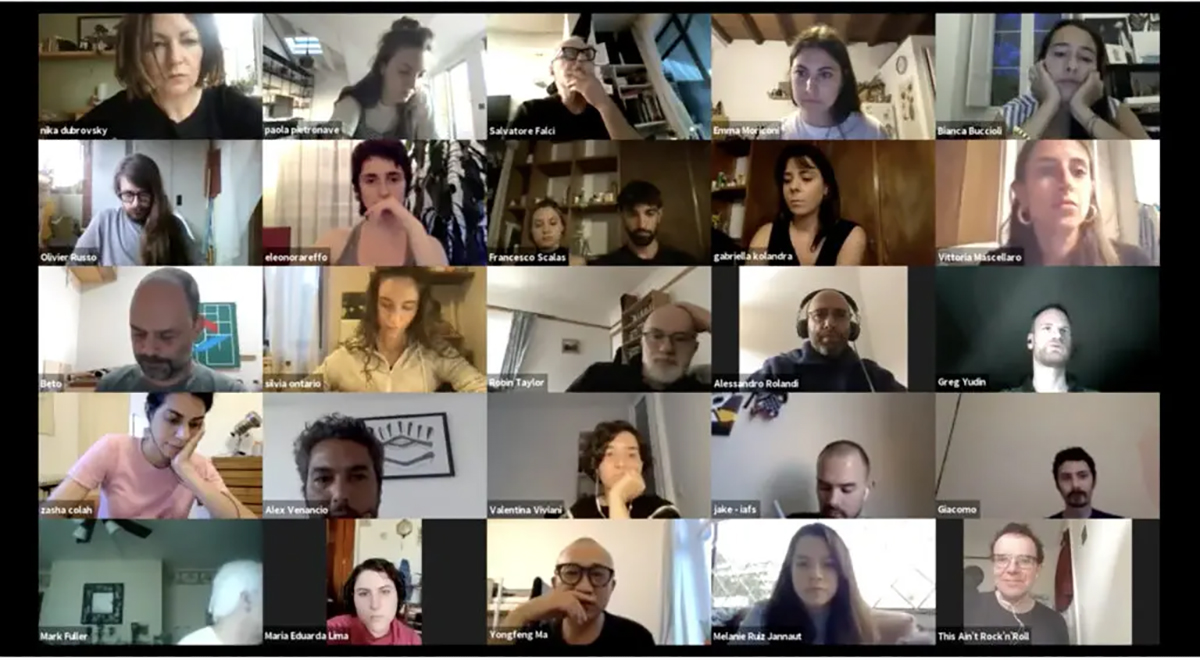This is how and why you can make your own room in our Museum.
Why?
You might want to open a room here because you’ve looked around the Museum and felt there’s something missing here. It could be a project or just a text, something that you want to share with the world. If you just want to share with us an existing project.
The museum keeps all of the rooms, even if they have been abandoned. We are not a corporation or foundation, so we don’t have to worry about efficiency or productivity. So, there is no pressure on you to deliver anything. If you have an idea to share, thank you! If you become tired of it, just leave it alone. As you can see, our rooms are very different: some contain academic discussions and others exhibit Carnivals, others store art projects, and others contain scandals.
How?
If you want to open a Room in the Museum of Care, write to us (info@davidgraeber.org).
We’ll set it up and give you access, so you can take care of your room in the Museum of Care. You can post your events on our calendar and social media, and announce them through our mailing list. We’d love for you to find partners, co-authors and friends among us to help you take care of your room, but ultimately you’re the one who will be responsible for your room, otherwise it will become dusty and old.
Actually, that’s okay, too, but we guess you want it to be full of life: people, events, and new ideas.
To take care of your room, the room curator can publish texts, pictures, and videos on the room’s page. It will make it easier for other members and visitors of the Museum of Care to understand what this room is about and how to join it.
Actually, that’s okay, too, but we guess you want it to be full of life: people, events, and new ideas. If your room does not have any collective events scheduled for 3 months, we will move it to the Dusty Old Rooms page.
How do I maintain my Room?
– Use our template structure to ensure your room’s purpose is easy to understand for everyone. Any content you create will be chronologically catalogued beneath this description for easy access.
– Always use good quality photos or drawings—visuals are important.
– If you want to publish your video on our channel upload it to vimeo or YouTube first and then we can help you.
– Link your page to other rooms in the Museum who share an interest. It will help us get to know you and collaborate.
Sister projects
If you just want to share an existing project with us, but don’t want us to be part of it in any way, you may want to share it on our Sister Projects page.
I’m interested and passionate about a vacant room
In the first instance contact the curator of the Room and tell them how you can help. If there’s no contact details for the room contact us and we’ll do our best to put you in touch.



